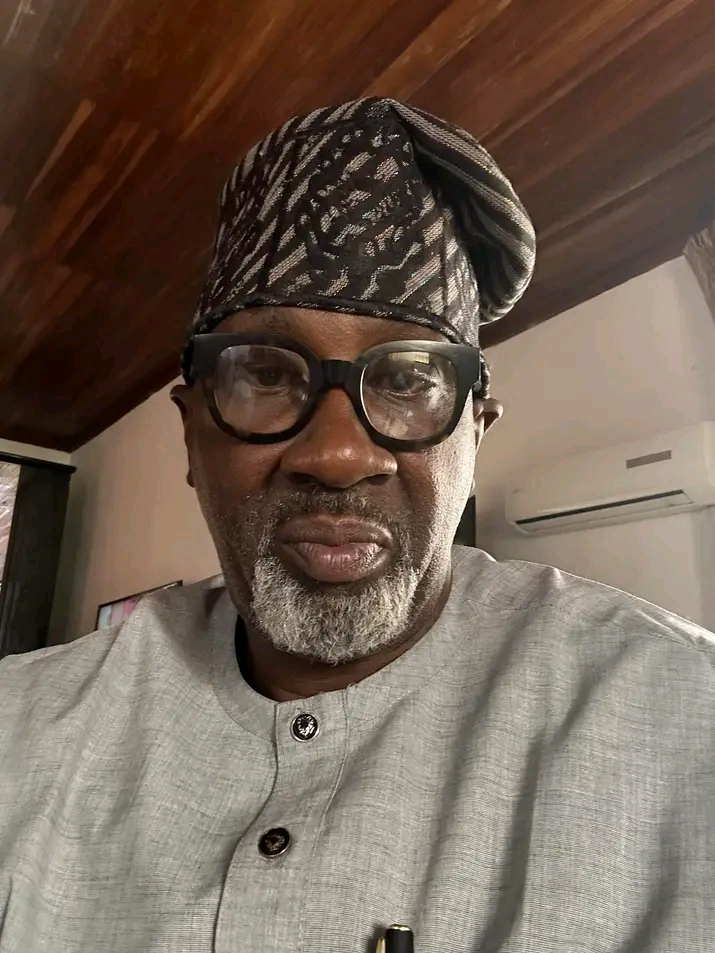
Reflections on Service Delivery and Community Impact Inspired by Chief Obafemi Awolowo’s Achievements
By Abayomi Odunowo
In the fast-paced and ever-evolving world where we live, the essence of service delivery to our communities can often be overshadowed by administrative tasks and bureaucratic procedures. Leaders in positions of power may become ensnared in their duties, focusing primarily on policy rather than on the human elements these policies aim to impact. Chief Obafemi Awolowo’s illustrious tenure as Premier of the Western Region of Nigeria from 1952 to 1959 serves as a poignant reminder of what dedicated leadership and unwavering service to the community can achieve. His legacy prompts us to critically examine our respective impacts on service delivery and asks, “In our official capacity, how many people around us have we helped directly or indirectly?”
The stark reality is that many leaders, while well-intentioned, often fall prey to complacency and bureaucratic inertia. In this process of striving for excellence in governance, the fundamental purpose—improving the lives of the people—can be obscured. Awolowo’s speech to the Oyo State House of Assembly reminds us of the tenets of accountable leadership that progress operates hand-in-hand with compassion and service. He listed remarkable achievements—Free Universal Primary Education, the introduction of the first industrial estate and housing estate, a minimum living wage, and pioneering educational scholarships—as hallmarks of impact-oriented governance. Today, it is imperative to ask ourselves: Are we replicating this kind of effective service delivery? Are the policies and initiatives we advocate improving the quality of life for our communities? Are we merely occupying positions of power, or are we actively engaged in uplifting those around us?
Awolowo’s legacy provides us with a roadmap not only for evaluating our impact but also for reshaping our community engagement. The challenge is to transform rhetoric into action, leading us back to the crux of service delivery—the human element. Each of us, within our official capacities, has the potential to make significant, direct, and indirect impacts on the lives of those around us. Here are strategic approaches to effect meaningful change:
1. Community Engagement: Engaging directly with the communities we serve enhances our understanding of their needs. Regular dialogue, town hall meetings, and feedback sessions allow us to identify pain points and address them effectively.
2. Mentorship and Empowerment: Beyond policies and initiatives, uplifting people means fostering individual growth. Identifying individuals or groups that can benefit from mentorship opens pathways to skill development and self-reliance.
3. Accessibility of Services: Leaders must ensure that services—be it education, healthcare, or infrastructure—are accessible not only in policy but in practice. Using technology, creating more outreach programs, and partnering with local organizations can broaden our reach.
4. Adapting Innovative Practices: Here, we mirror Awolowo’s spirit of innovation. Policies about service delivery should adapt to contemporary challenges, continuously evolving to meet the needs of an ever-changing demographic landscape.
5. Sustainable Initiatives: As seen with Awolowo’s introduction of agricultural settlements and industrial estates, we should seek holistic solutions that not only address immediate concerns but also ensure long-term community development through sustainability.
As we review Awolowo’s achievements, it becomes clear that true service delivery creates ripples of positive change that can be felt across generations. He was not merely a politician; he was a visionary who made impactful decisions for his people, understanding that governance and service are inextricably linked.
Chief Obafemi Awolowo’s legacy is both a beacon and a challenge for all current and aspiring leaders in service delivery. We must aspire to mirror his impressive record by not merely existing in roles of influence but by actively shaping the communities we serve. Let us strive to make our respective impacts count—directly and indirectly—for if we are truly dedicated to service, the fruits of our labor will undoubtedly uplift our communities and lead to a more prosperous future for all. It is time to reflect: Who are we really serving? And how can we, like Awolowo, create a legacy that echoes beyond our tenure?
Otunba Abdulfalil Abayomi Odunowo
National Chairman AATSG
Mobile: +2349053535322

